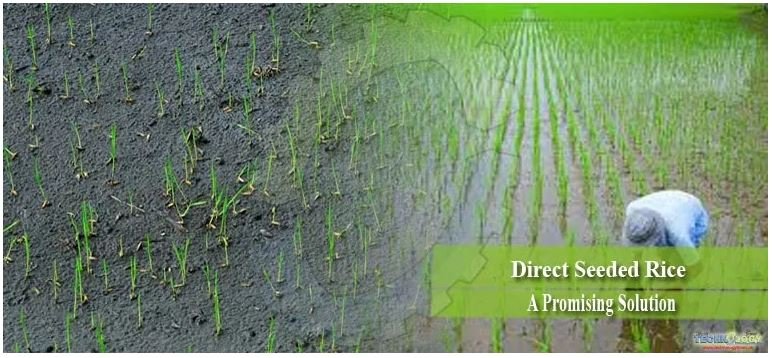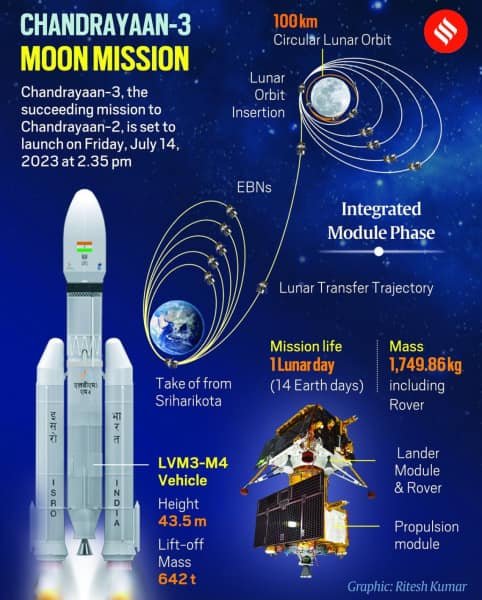
Artificial Sweeteners, Adverse Effects of Artificial Sweeteners
Subscribe to Never Miss an Important Update! Assured Discounts on New Products!
Must Join PMF IAS Telegram Channel & PMF IAS History Telegram Channel
Artificial Sweeteners
- Context (LM | TG): After WHO declared Aspartame as ‘potentially cancer-causing’, now another artificial sweetener called Sucralose is under scanner as it can cause DNA damage and leaky gut.
- Artificial sweeteners (or non-sugar sweeteners) are intensely sweet chemicals (several times sweeter than sugar) used to sweeten food while adding very little or no calories.
- WHO has recently suggested not to use artificial sweeteners to control weight gain or prevent lifestyle diseases such as diabetes.
- The artificial sweeteners WHO has warned against are acesulfame K (Ace-K), aspartame, advantame, cyclamates, neotame, saccharin, sucralose, and stevia.
|
Adverse Effects of Artificial Sweeteners
- Natural sugar/glucose is processed and either stored as glycogen (the stored form of glucose in the liver) or turned into fatty acids and deposited into fat cells. However, the human body isn’t designed to process artificial sweeteners (human-made chemicals).
- Though artificial sweeteners could lead to weight loss and reduction in body mass index (BMI) in the short term, they might cause weight gain in the long run.
- Higher intake of these sweeteners increases the risk of type-2 diabetes and cardiovascular diseases.
- They can also cause bladder cancer and preterm birth (when consumed by pregnant women).
| Artificial Sweetener | Source |
| Sucralose | Made from adding chlorine to sugar molecules. |
| Saccharin | The oldest artificial sweetener.
Made from benzoic sulfonimine, which is up to 700 times sweeter than table sugar. |
| Acesulfame | Made from acesulfame potassium. |
| Aspartame | Made from the amino acids phenylalanine, aspartic acid and includes methanol. |
| Neotame | Similar to aspartame and made from phenylalanine and aspartic acid. |
| Stevia | Extracted from the leaves of the stevia plant. The extracts are processed before they’re packaged and sold, putting them in the same category as an artificial sweetener. |
| Sugar alcohols | Sugar molecules with alcohol attached. Naturally occurrs in some fruits. |





![PMF IAS Environment for UPSC 2022-23 [paperback] PMF IAS [Nov 30, 2021]…](https://pmfias.b-cdn.net/wp-content/uploads/2024/04/pmfiasenvironmentforupsc2022-23paperbackpmfiasnov302021.jpg)











